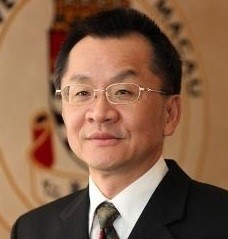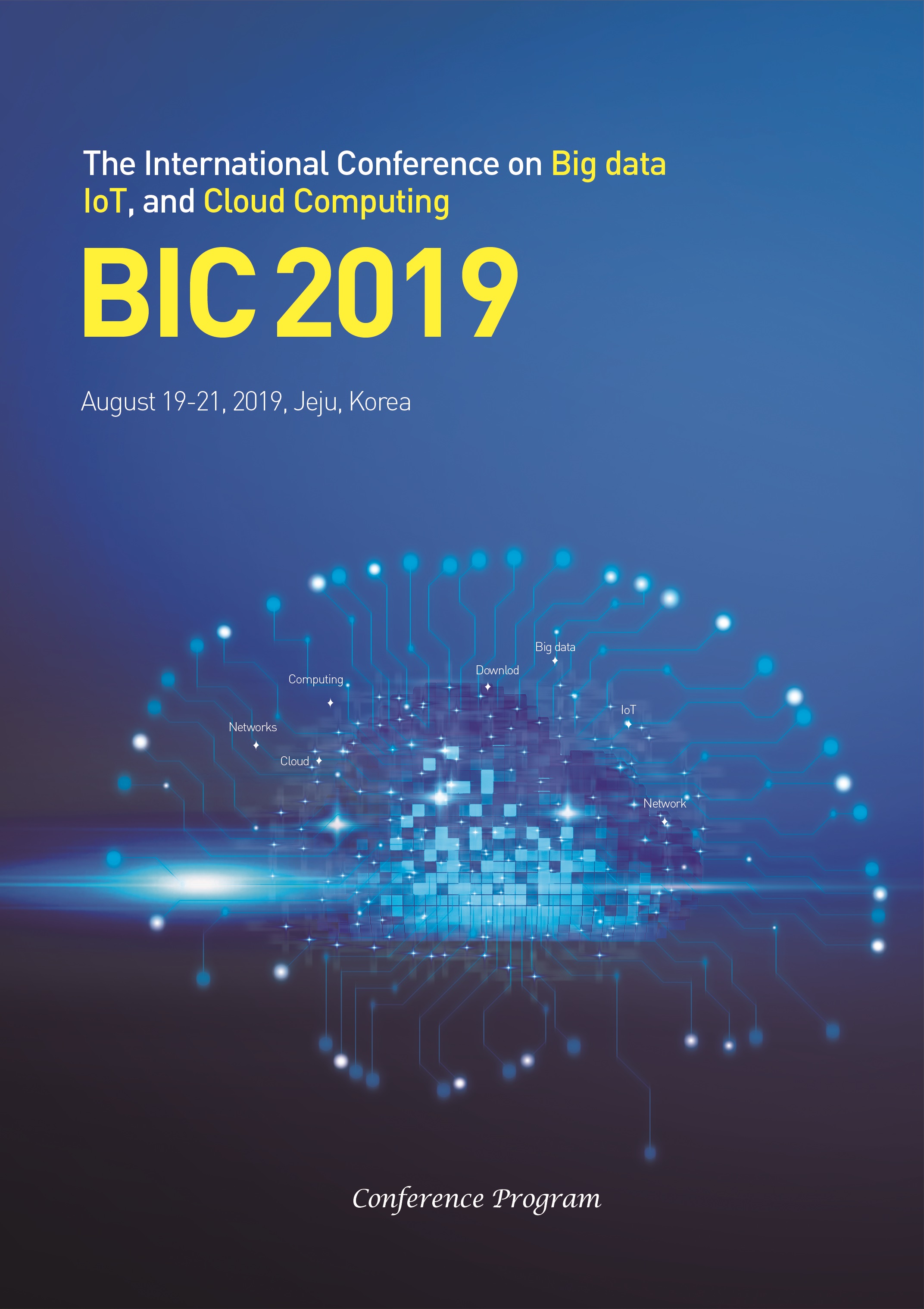 Invited Speaker
Invited Speaker
Data Modelling and Analysis
using the New Discriminative Broad Learning System

C. L. Philip Chen
FIEEE, FAAAS, FIAPR, FCAA, FHKIE
Member of Academy of Europe (AE), European Academy of Sciences and Arts (EASA), International Academy for Systems and Cybernetics Sciences;
Editor-in-Chief, IEEE Trans. on Systems, Man, and Cybernetics: Systems
Philip.Chen@ieee.org
Abstract
After a very fast and efficient discriminative Broad Learning System (BLS) that takes advantage of flatted structure and incremental learning has been developed, this talk will address data modeling with outliers and labeling errors. A robust broad learning system (RBLS) is derived by assuming the regression residual and output weights follow their respective distributions, where the output weights for robust modeling can be determined by maximum a posterior estimation. Furthermore, the robustness of RBLS can be enhanced by integrating the regularization theory. In addition, the framework of several BLS variants with their mathematical modellings will be given. The variations include cascade, recurrent, and broad-deep combination that cover existing deep-wide/broad-wide structures. From the experimental results, the BLS/RBLS and its variations outperforms several exist learning algorithms on regression performance over function approximation, time series prediction, face recognition, and data modelling.
Biography
C. L. Philip Chen is the Chair Professor and Dean of the College of Computer Science and Engineering, South China University of Technology. Being a Program Evaluator of the Accreditation Board of Engineering and Technology Education (ABET) in the U.S., for computer engineering, electrical engineering, and software engineering programs, he successfully architects the University of Macau's Engineering and Computer Science programs receiving accreditations from Washington/Seoul Accord through Hong Kong Institute of Engineers (HKIE), of which is considered as his utmost contribution in engineering/computer science education for Macau as the former Dean of the Faculty of Science and Technology. He is a Fellow of IEEE, AAAS, IAPR, CAA, and HKIE; a member of Academia Europaea (AE), European Academy of Sciences and Arts (EASA), and International Academy of Systems and Cybernetics Science (IASCYS). He received IEEE Norbert Wiener Award in 2018 for his contribution in systems and cybernetics, and machine learnings. He is also a 2018 highly cited researcher in Computer Science by Clarivate Analytics.
His current research interests include systems, cybernetics, and computational intelligence. Dr. Chen was a recipient of the 2016 Outstanding Electrical and Computer Engineers Award from his alma mater, Purdue University, after he graduated from the University of Michigan at Ann Arbor, Ann Arbor, MI, USA in 1985. He was the IEEE Systems, Man, and Cybernetics Society President from 2012 to 2013, and currently, he is the Editor-in-Chief of the IEEE Transactions on Systems, Man, and Cybernetics: Systems, and an Associate Editor of the IEEE Transactions on Fuzzy Systems, and IEEE Transactions on Cybernetics. He was the Chair of TC 9.1 Economic and Business Systems of International Federation of Automatic Control from 2015 to 2017 and currently is a Vice President of Chinese Association of Automation (CAA).




